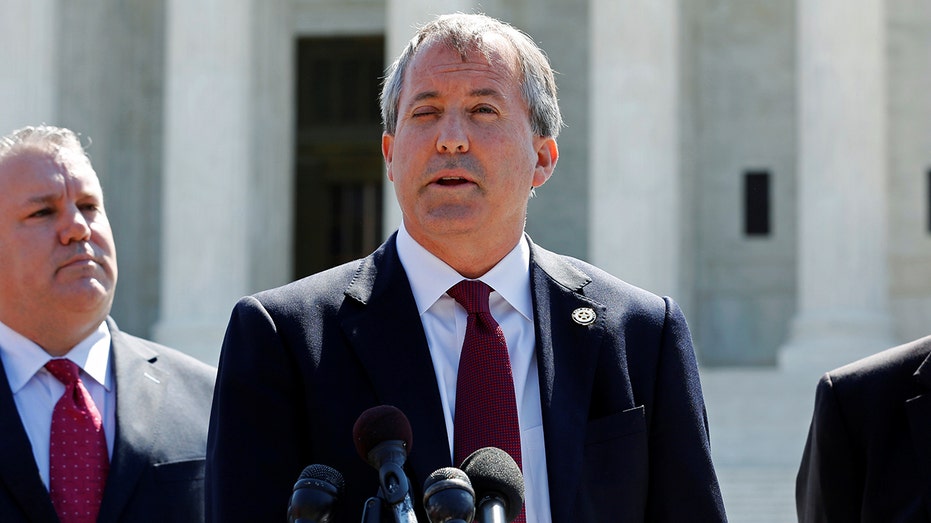A fierce legal battle is erupting in Texas, as the state’s Attorney General is challenging Harris County’s commitment to providing legal aid to migrants facing deportation. The lawsuit centers on the Immigrant Legal Services Fund, a program established in 2020 to ensure fair representation for those navigating the complex deportation process.
Harris County, home to Houston, initially allocated funds to five organizations dedicated to assisting migrants with legal counsel. Last month, county officials bolstered the program with an additional $1.3 million, signaling a continued dedication to the initiative despite mounting opposition.
The Attorney General has condemned the program with stark language, labeling it “evil and wicked” and asserting its unconstitutionality. He frames the funding as a misuse of taxpayer dollars, arguing it actively hinders federal deportation efforts.
County officials vehemently disagree, characterizing the lawsuit as a politically motivated attack. They maintain the program is entirely legal and essential, particularly in light of increased immigration enforcement activities.
Harris County has become a focal point in national immigration debates, consistently leading the nation in the number of ICE detainers issued. This underscores the high stakes for individuals and families caught in the deportation system.
Prior to 2020, Harris County stood alone as the largest county in the United States without a dedicated program to provide legal support to migrants. The creation of the Immigrant Legal Services Fund aimed to address this critical gap in access to justice.
The impact of legal representation in deportation cases is profound. Studies reveal that migrants with attorneys face deportation at a significantly lower rate – around 5% – compared to the staggering 90% rate for those without legal counsel.
The Attorney General’s lawsuit seeks to halt all funding to the organizations providing legal aid and prevent future allocations. He argues the program lacks a legitimate public purpose, instead serving as an unconstitutional subsidy for individual deportation defenses.
County Commissioner Rodney Ellis emphasized the urgent need for continued funding, citing a recent surge in immigration raids. He believes access to legal representation is paramount, not only for improving case outcomes but also for preserving families.
The core of the dispute lies in differing visions of justice and community responsibility. County leaders see a moral imperative to safeguard the rights of all residents, while the Attorney General prioritizes strict enforcement of federal immigration laws.
This legal clash is more than just a dispute over funds; it’s a battle over fundamental principles of fairness, due process, and the role of local government in a rapidly changing nation.
The outcome of this case will undoubtedly have far-reaching consequences, potentially setting a precedent for similar programs across Texas and beyond, and shaping the future of immigrant rights in the state.





